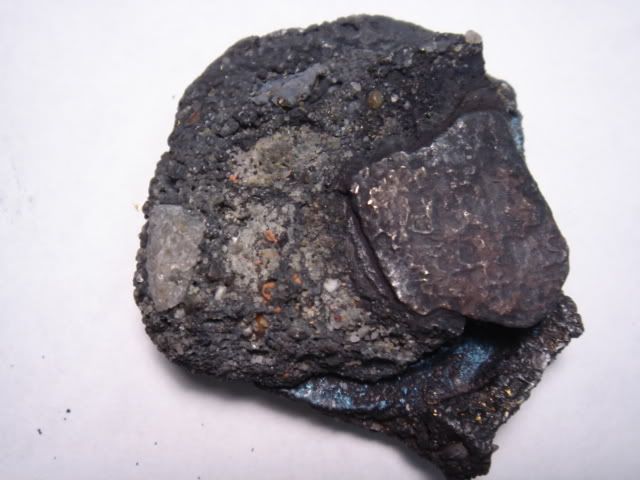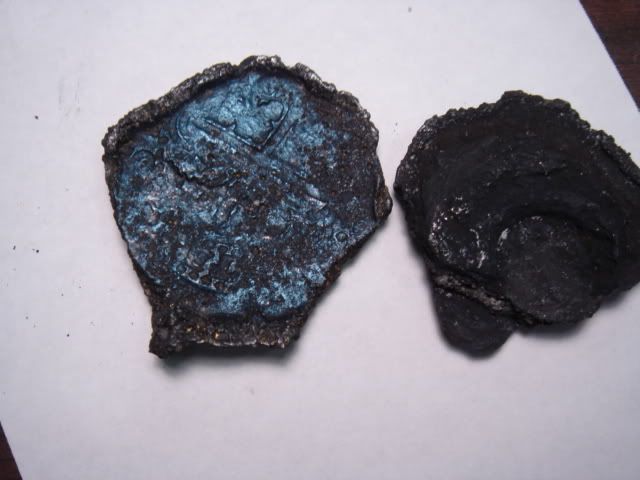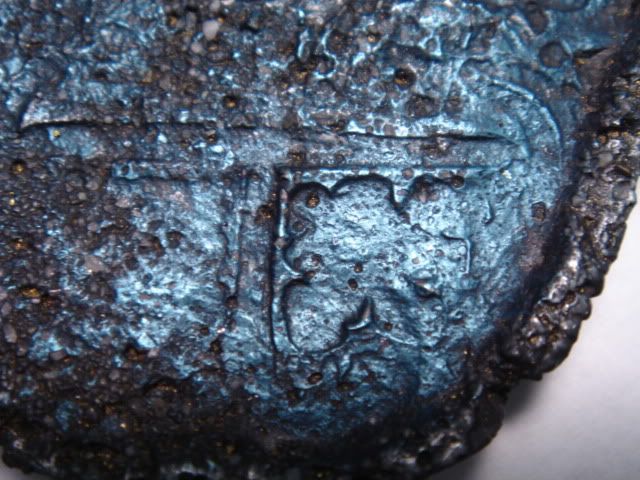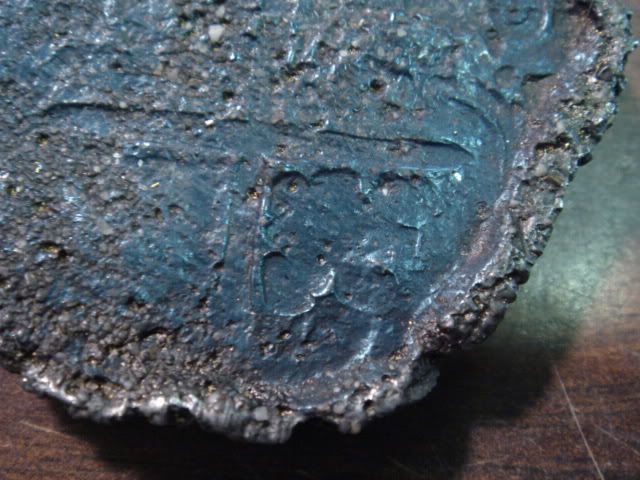Phillip III Spanish Cobs....looking for info on how the dies were made And what were they made of?..
I realize this is OT for the US forum...but this is where all the smart folks that I know hang out...








0
Comments
and Here
for a start. It's a long and complicated story.
R.I.P. Bear
for a start. It's a long and complicated story.
Thanks for the links but I am familiar with the coins...its the dies and how they were made and of what they were made of that I need info on....
I don't know what technologies the Spanish colonial mints used or when they started making their own dies, but someone here should know where that information is.
Check out the Southern Gold Society
Unless this is a trick question, wouldn't the coins have been made using substantially similar technology and dies as other coins of the period? (that is, using steel dies and struck by hand or on a screw press)
Not a trick question at all...
I can not find any info on the net about the dies used to strike the Spanish cobs ......? take a look at the photos above and you will see that the pic is not a coin...it is Intaglio ...as in dies....and it is not IMO just a impression made by another coin...the item pictured is not silver IMO,it was totally encased in coral until recently, I really do not know what it is made of but it appears to be some kind of Nickel Alloy, but that's just a guess..... and it is Intaglio.
Doggedly collecting coins of the Central American Republic.
Visit the Society of US Pattern Collectors at USPatterns.com.
Ah, then in that case, I'm pretty sure that cob coins were struck, not cast, so what you have definitely isn't a coin die.
One of the guys in my coin club brought in a Spanish coin die (from a slightly later period, I think) and it looked pretty much like what you'd expect - a steel cylinder several inches long. (It was a half real die, I believe.)
If it were a mold for cast counterfeits, I'd expect to see handles (but if they were wood, they'd probably have rotted away).
Check out the Southern Gold Society
Good question but no way...I bought several "Coin Clumps" years ago and from time to time I have "Cracked them" open as I did this one, it was totally encased in coral/rock,
if you look at the first pic you will see a small stack of 2-3 1/2 reales still enrusted as well as pic 2 on the bottom right you will see an impression of a 1/2-1 reale that I removed,
Until today I just figured these were clumps with a couple ok coins, then I cleared away the black inside (pic 2 left) of what was a silver reale (4) or (8) I believe, and it revealed the Intaglio Metal Image in the pic.......?
If it were a mold for cast counterfeits, I'd expect to see handles (but if they were wood, they'd probably have rotted away).
I'm thinking that dies were engraved (Intaglio) then mounted /attached to steel/wood handles to be used, this to me appears to be a die meant to strike not cast once it was properly mounted on a handle of some kind........I could be way off in my thinking of this piece, but I have bought and sold many, many Spanish cobs over the years and I am pretty familiar with them, I am also a goldsmith/setter/caster of 35 years,
so as I stated I could be off here but from experience I think there could be something here, normally I would not post an OT item like this but I'm up against a brick wall,
no info on the dies anywhere...............
Eric